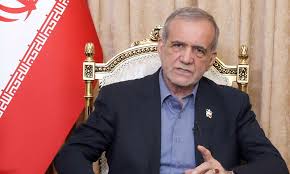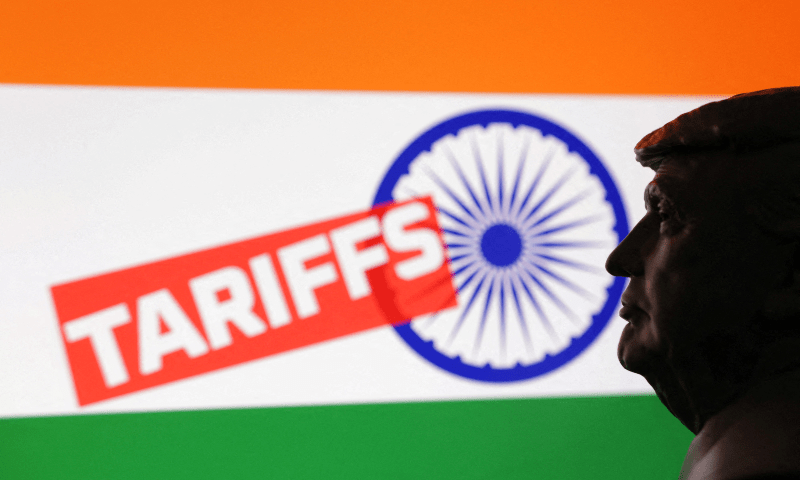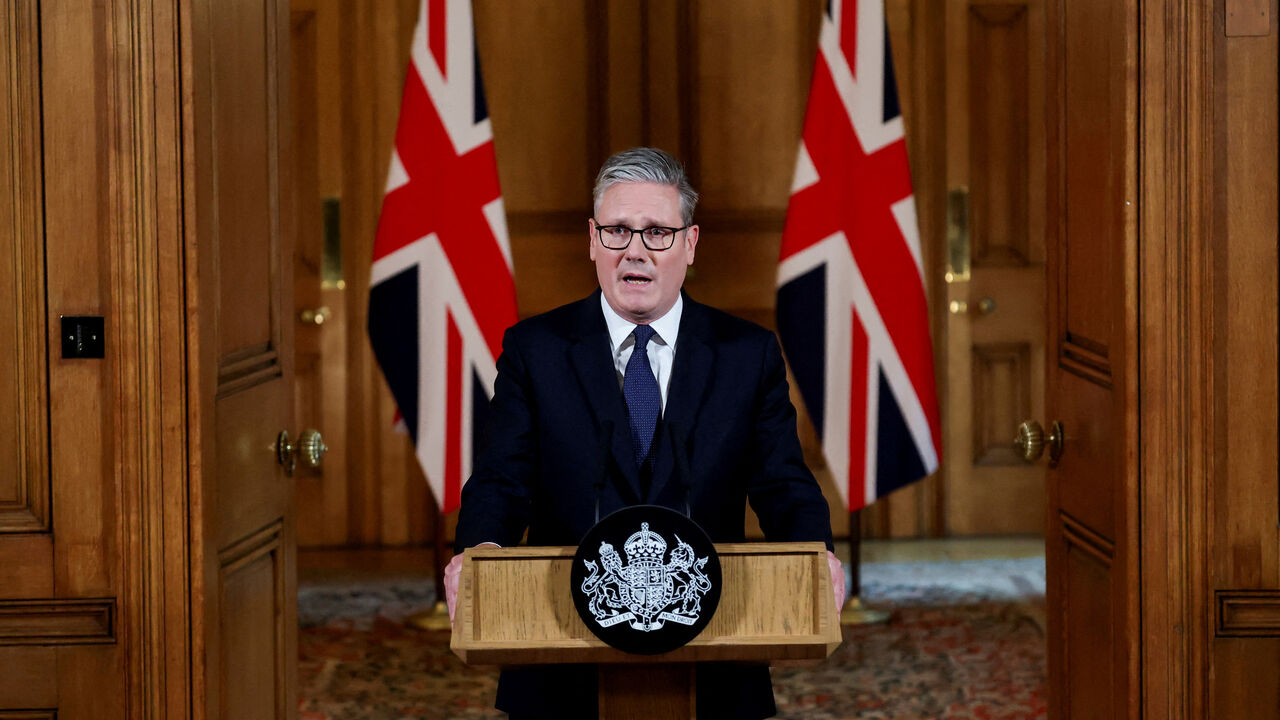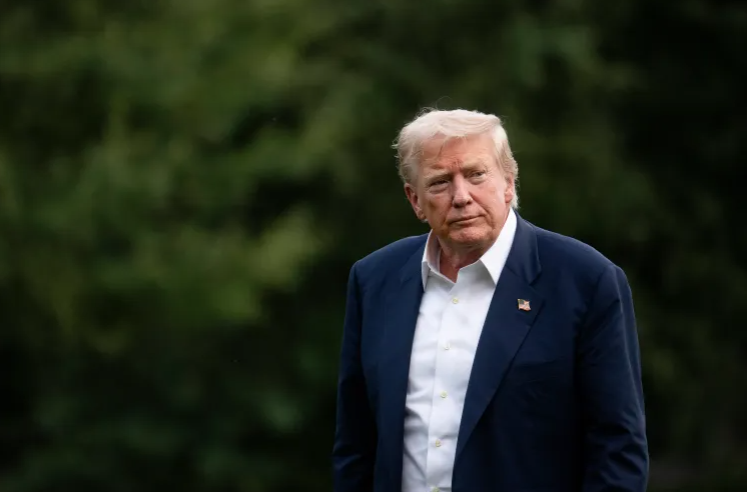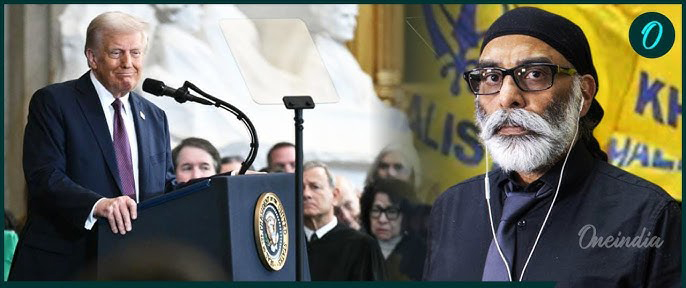WORLD NEWS

Canadian Deputy Foreign Affairs Minister David Morrison has publicly accused Indian Minister of Home Affairs Amit Shah of being the architect of a campaign of violence and intimidation targeting Sikh activists in Canada. This statement was made during a briefing to members of Canada’s national security committee late on Tuesday.
Morrison characterized Shah as a key figure in a campaign that has included the assassination of Canadian Sikh activist Hardeep Singh Nijjar in June 2023. Nijjar's murder has been a focal point in the diplomatic spat, with Prime Minister Justin Trudeau previously asserting that Canada has credible evidence linking Indian agents to the crime. Shah is seen as India's second-highest leader and a close ally of Prime Minister Narendra Modi, heightening the implications of this accusation.
As reported by Reuters, India has yet to issue an official response to these claims. However, unnamed government officials in New Delhi dismissed the allegations, labeling them as “very weak” and “flimsy.” They expressed skepticism about the evidence that Canada claims to possess, indicating that it is unlikely to have any significant repercussions for Shah.
During the committee meeting, Morrison confirmed to The Washington Post that Shah's involvement in the alleged intimidation campaign was being taken seriously, although he did not disclose specific evidence to support Canada’s allegations. The diplomatic fallout from the murder of Nijjar led to reciprocal expulsions of diplomats from both countries, intensifying the already strained relations.
Trudeau's national security adviser, Nathalie Drouin, also informed the committee that there is evidence suggesting the Indian government has been monitoring Indian nationals and Canadian citizens through diplomatic channels and proxies. This assertion underscores the depth of concern regarding foreign interference and the safety of Sikh activists in Canada.
The United States has also become involved in this matter, charging a former Indian intelligence officer, Vikash Yadav, with directing a failed plot to assassinate Gurpatwant Singh Pannun, a prominent Sikh separatist leader based in New York City and a dual U.S.-Canadian citizen.
The historical context surrounding this issue is significant. Modi’s administration has classified Sikh separatists as terrorists, viewing their quest for an independent Khalistan as a direct threat to national security. This stance is rooted in the turbulent history of Sikh separatism, particularly during the armed rebellion in the 1980s and 1990s, which resulted in the deaths of tens of thousands.
The communal tensions peaked in 1984 when anti-Sikh riots erupted in response to the assassination of then-Prime Minister Indira Gandhi by her Sikh bodyguards. The government’s subsequent military action at the Golden Temple, a revered Sikh site, further fueled hostilities.
As Canada continues to grapple with its relationship with India, the allegations against Amit Shah represent a pivotal moment that may shape the future of diplomatic interactions between the two nations.
